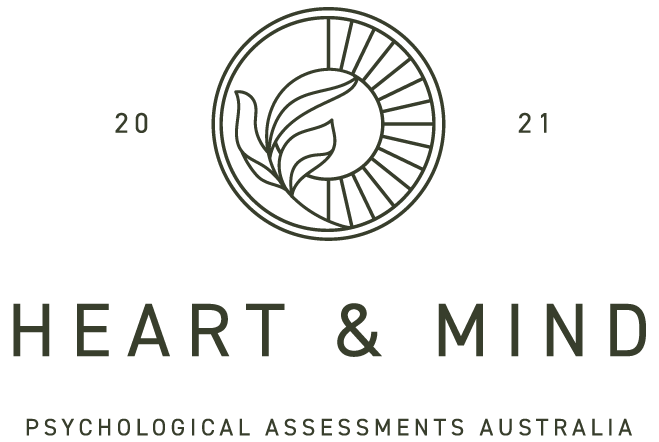3 Ways Parents Can Support Autistic Children
Being a parent is difficult on the best of days, but there are special considerations you can take if your child is autistic to better support them. Penny Robinson is an autistic advocate and lecturer at Monash University. Ambassador of The I CAN Network, Yellow Ladybugs and Aspergers Victoria, she is dedicated to helping people rethink autism. Today, she shares with us 3 ways that parents can better support their autistic children.
1. Avoid behavioural modification or ABA (Applied Behavioural Analysis).
These are methods of modifying a child's behavior to appear not autistic. This is very harmful to your child's self-confidence and self-esteem as it reinforces the concept that not-autistic is better, when this is not the case. Instead, try to understand why the child is mis-behaving, often there is a reason that can be fixed easily. For example, some autistic children struggle to cope at the supermarket. It may be because they are overwhelmed, which can be overcome by timing your supermarket run to avoid going after school when they are already tired from a big day of learning. If not, it could be due to sensory sensitivity, such as the bright lights and loud noises. Using sunglasses, a cap, headphones or earplugs can help reduce this sensory overload to allow your child to cope. Cheap adjustments like these are very helpful without breaking the bank. It is through understanding your child's behaviour that you can help them. If you need support to better understand what may be causing your child’s behaviour, book an appointment with your psychologist at Heart and Mind.
2. Stimming isn’t a bad thing (unless it is harmful).
You may have heard your psychologist mention stimming, which are repetitive actions or movements that help an Autistic person regulate themselves within their environment, so it is important to allow your child to stim. Stims can come in all shapes and sizes, however some can be harmful towards your child. If you notice that your child is stimming in a way that hurts themselves, such as picking their nails until they bleed or head banging, try and replace this with a safer stim, such as finger flicking. It is also important to look out for signs that your child is trying to communicate with you, particularly if they struggle to communicate through words. For instance, if head banging is a new stim, it may be their way of telling you that their head hurts or that something isn’t right.
3. Don’t do therapy for therapy's sake.
Although therapy is important and can benefit your child in many ways, like anything, it is possible to become overwhelmed. It is totally okay to take a break from therapy or to attend therapy less frequently. It might be time to try different therapies, such as seeing an Occupational Therapist to help with sensory processing challenges and help autistic children deal in high sensory situations, such as the supermarket. The team at Heart and Mind can help you adjust your therapy to suit your changing needs.

